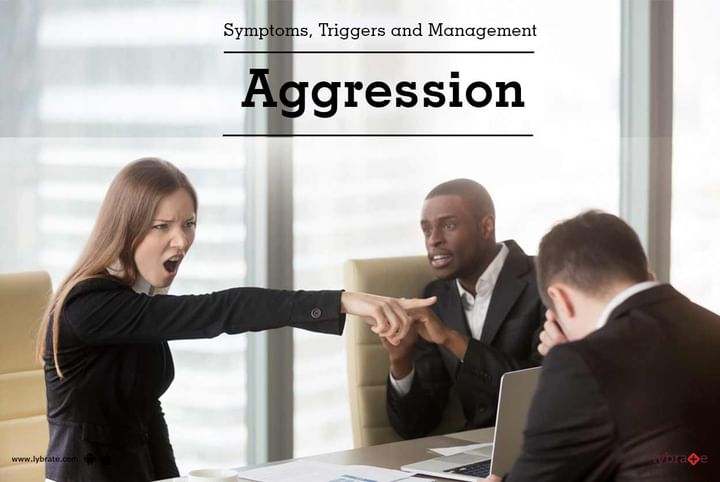Aggression- Symptoms, Triggers and Management
Aggression or aggressive behavior can often lead to violence and destruction which can be really harmful to their loved ones. When dealing with an aggressive person, it is important to understand that aggression is not always an after effect of some provocations and can often be spontaneous. Excessive and frequent aggression can wreak havoc, affecting the person and their loved ones physically, mentally as well as emotionally. Reports suggest that cases of aggression among youngsters are rising at an alarming rate. It has also been noted that the boys exhibit more aggression than girls. Thus, proper action needs to be taken at the earliest to avoid serious consequences.
Symptoms:
The following symptoms and behavioral changes may be observed in people with aggressive nature.
- The person may have mood swings and remain irritated all the time. Depression may be commonly seen in such people.
- The person isolates himself or herself from the outside world.
- Insomnia and eating disorders are common.
- An unstable mental health.
- The person may exhibit signs of self-destruction.They may also cause harm to the others, including their loved ones.
- There may be hallucinations, delusions, confusion and poor communication skills.
- There may alterations in his or her personality.
- Lack of concentration. A person may find it difficult to read or write.
- Lethargy is also common in people with aggressive behavior.
Underlying factors that may trigger aggression
A person may appear aggressive physically, mentally, verbally or even emotionally. The aggressive behavior can be an outcome of a myriad of factors such as:
- A negative environment during the growing period: How a child is brought up can play a significant role in shaping their character. A person who had seen a lot of fights, arguments or aggression in their childhood often grows up to be aggressive.
- Genetics: People who have a family history of aggression and aggressive behavior (immediate family) are more likely to be aggressive.
- An unstable mental health with conditions such as schizophrenia, conduct disorder, bipolar disorder or Attention deficit hyperactivity disorder (ADHD) can also cause aggression. Aggression can also be triggered by traumatic brain injury, stress, meningitis, stroke or substance abuse (as well as withdrawal symptoms).
Managing Aggressive Behavior
A person needs to have a lot of patience while dealing with aggressive people. Such people need your support, love, care, and affection.
- For an effective management, try and find out the triggers of aggression and then work towards improving the situation.
- Meditation can have a great soothing effect and can play an important role to calm down the person. Music may be equally helpful.
- Sound sleep and proper rest can work miracles in reducing the associated symptoms and complications.
- Maintain a positive environment around the affected person. Keep the person happy, cheerful and stress-free.
- Don't let the person live in isolation. Try and make them interact with people. Don't give them the impression that they are not normal. Don't over sympathize with them. They need your support more than the sympathy.
- Don't shy away from medical help. Love and care with proper medications can work wonders. If you wish to discuss about any specific problem, you can consult a Psychiatrist.



+1.svg)
